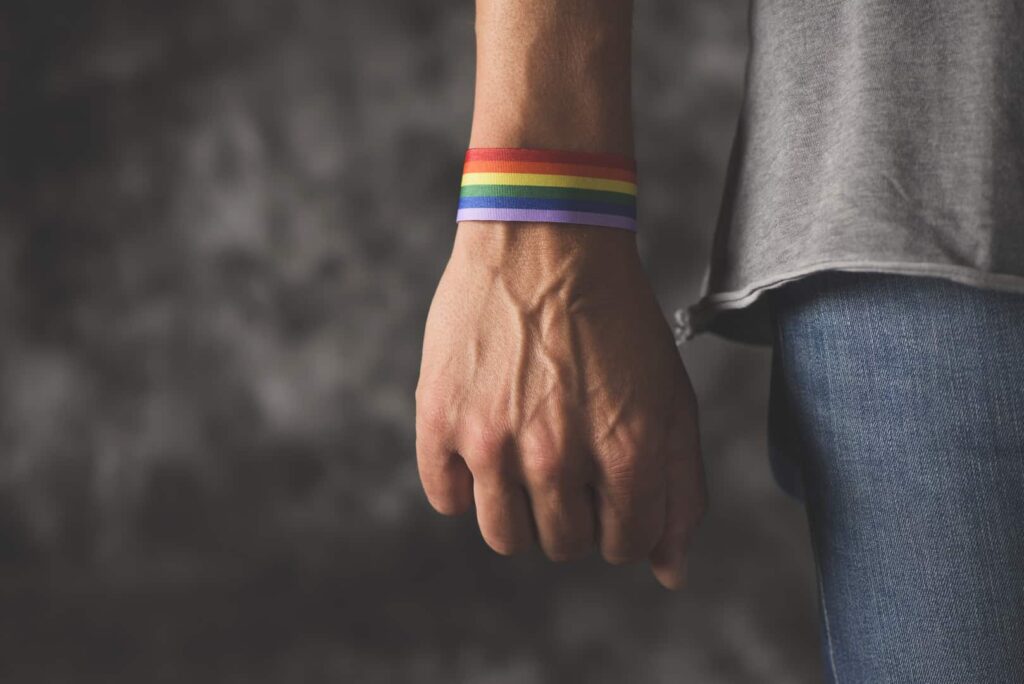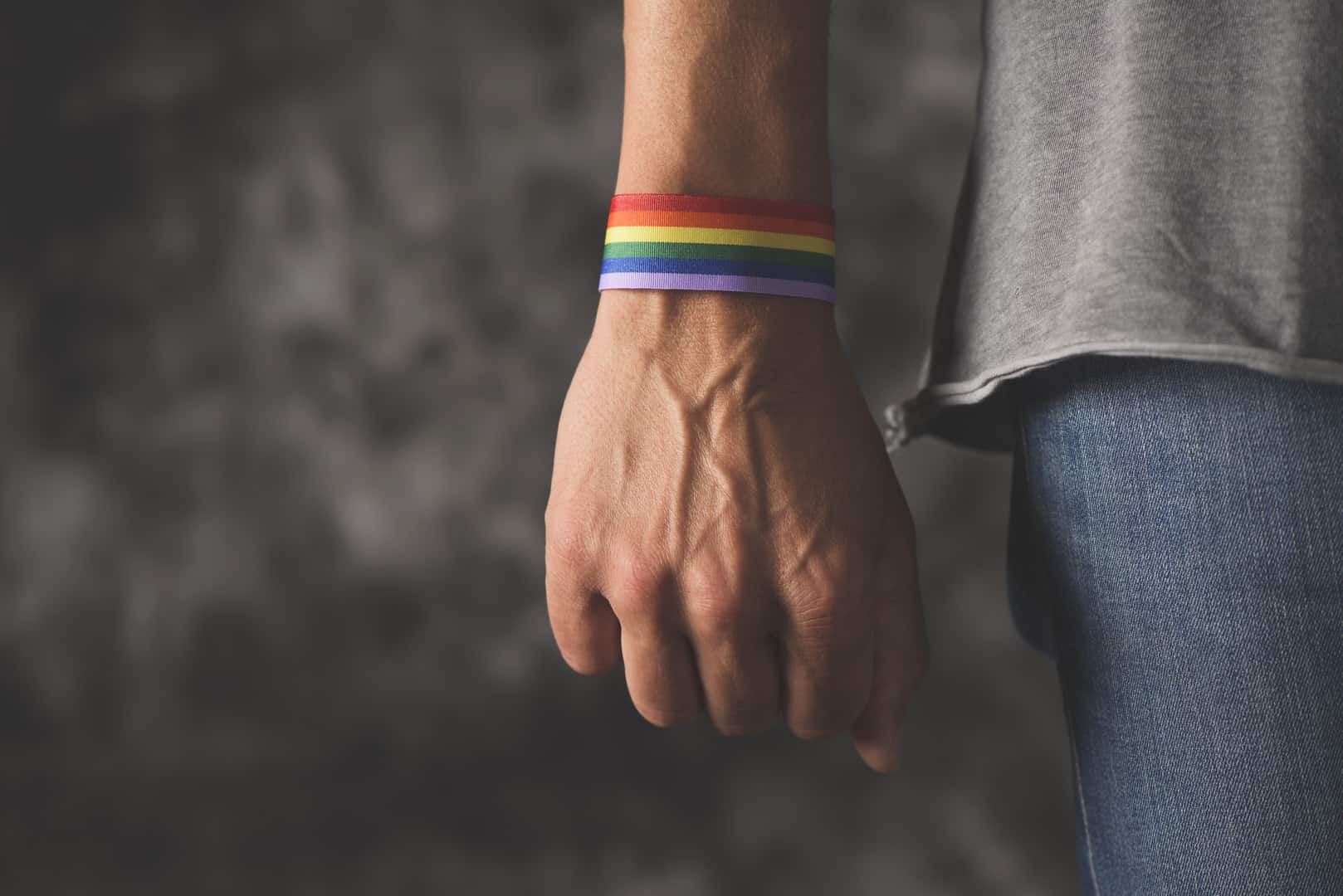
Due to the deep-rooted stigma in our cultural and societal understanding, those who embrace the truth of their sexual orientation or gender identity are often prone to mistreatment.
This makes Lesbian, Gay, Bisexual, and Transexual (LGBT) youth and adults more vulnerable to mental health issues than their straight or cisgendered counterparts. By extension, this particular treatment also applies to those who are queer or questioning, intersex, and asexual.
That’s where LGBT Affirmative Therapy can help the LGBTQIA+.
How Does LGBT Affirmative Therapy Work?
As the name suggests, this practice takes an affirmative or positive approach to discussing LGBT identities with those who identify with them.
By showing the LGBT community the same level of acceptance and understanding that is reserved for straight or cisgendered people by default, this therapy can help them cope with the mental struggles that stem out of stigma or discrimination or are further elevated by such an experience.
LGBT Affirmative Therapy is an extension of Gay Affirmative Therapy (GAT). It is practiced to show marginalized communities that their sexual orientation or gender identity does not negatively affect other human beings.
This therapy helps LGBT youth and adults become more comfortable in their skin by displaying this support. This, in turn, helps them in discussing the mental struggles that may be related or unrelated to their sexual or gender identities. That is why licensed therapists such as James Brillon make it a point to practice this form of therapy and help those who need it the most.
Why is the Therapy Important for the LGBT?
Oppression, discrimination, and stigma are, unfortunately, an inherent part of life for the LGBTQIA+. No matter the advancements made to progress our collective views on these sensitive issues, the LGBT community still consistently faces these negative treatments.
This treatment’s fragments can be seen in their personal lives, their professional circle, their online presence, and even in their preferred form of media. Through this exposure to explicit discrimination or subtle negative undertones, the LGBT community often feels left out or stigmatized.
By creating a safe space to discuss their thoughts and be accepted for them in return, LGBT Affirmative Therapy shows LGBT people that they are embraced exactly as they are – similar to any other human being. At the same time, this intersectional approach acknowledges the issues they have experienced in the past or continue to face in their lives.
The therapy also establishes that if LGBT people face any mental issues, they are not due to their sexual orientation or gender identity but rather a part of the human experience. This particular approach also looks towards the community’s discrimination or stigma as possible causes of mental trauma.
While this particular approach is highly positive for any person regardless of their sexual orientation or gender identity, it is especially beneficial for those who go through mental struggles due to these behaviors or whose existing mental issues are made more difficult by these experiences.
How Can You Start on the Therapy?
The LGBT Affirmative Therapy works like any other psychotherapy or talk therapy session, where LGBT people are welcome to discuss their mental health in a safe and confidential environment.
The frequency of these sessions depends upon the type of issues that you or your loved one might be facing. By approaching these mental struggles through a place of understanding, a therapist can determine the best course of action to help cope with their root cause.
The therapy works to affirm, advocate, and promote awareness for the LGBTQIA+ community. Whether you or your loved one are working to cope with mental struggles or trying to understand the community from a place of limited knowledge, LGBT Affirmative Therapy can help you become more comfortable in achieving these goals.
